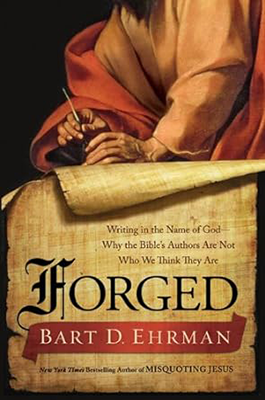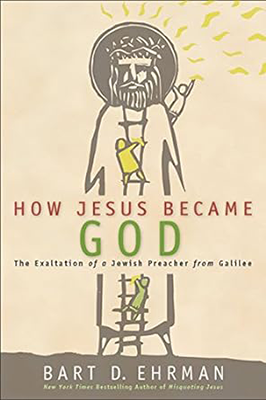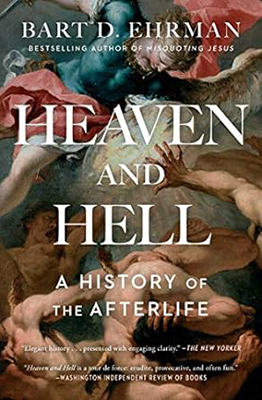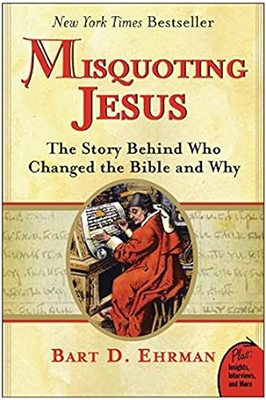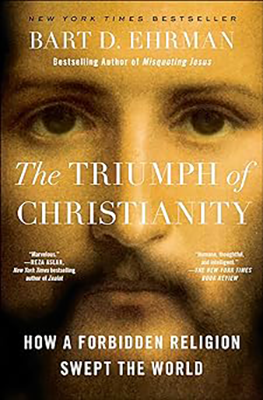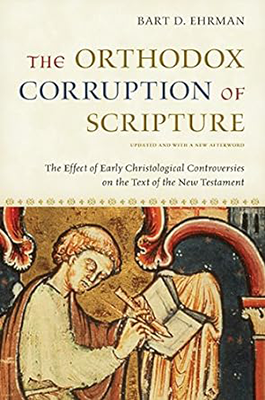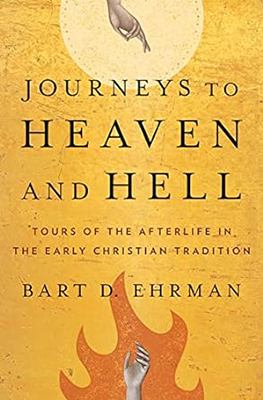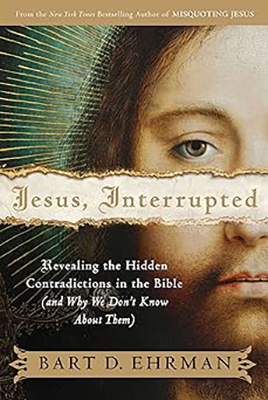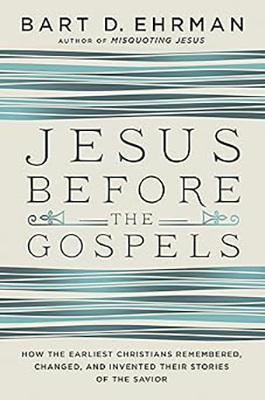
Bart Ehrman
Bart D. Ehrman, born on October 5, 1955, in Lawrence, Kansas, is an American scholar of religious studies, author, and professor known for his research on the New Testament and early Christianity. Here’s an overview of his biography:
Education:
Ehrman attended Wheaton College in Illinois, where he earned his Bachelor of Arts degree in 1978. He then pursued further studies at Princeton Theological Seminary, receiving his Master of Divinity degree in 1981. He continued his academic journey at Princeton University, earning his Ph.D. in 1985.
Career:
Ehrman’s academic career has been primarily focused on studying the early Christian texts, particularly the New Testament, and the historical Jesus. He has held teaching positions at various institutions, including Rutgers University, the University of North Carolina at Chapel Hill, and currently, the University of North Carolina at Chapel Hill.
Ehrman is best known for his research on the formation of the Christian scriptures and the transmission of the biblical texts. His work has shed light on the complexities of textual criticism and the variations among ancient manuscripts, challenging traditional views of the Bible’s inerrancy and reliability.
One of Ehrman’s most influential books is “Misquoting Jesus: The Story Behind Who Changed the Bible and Why” (2005), in which he explores the process of textual transmission and the ways in which scribes altered the biblical manuscripts over time. The book became a bestseller and brought Ehrman’s scholarship to a wider audience.
In addition to “Misquoting Jesus,” Ehrman has authored numerous other books on topics related to early Christianity, including “Lost Christianities: The Battles for Scripture and the Faiths We Never Knew” (2003) and “Jesus, Interrupted: Revealing the Hidden Contradictions in the Bible (And Why We Don’t Know About Them)” (2009).
Ehrman is also known for his debates and public lectures on matters of faith, history, and biblical interpretation. He has engaged in dialogues with scholars, theologians, and religious leaders, exploring questions about the origins of Christianity and the historical reliability of the biblical accounts.
Throughout his career, Ehrman has been a controversial figure, drawing both praise and criticism for his scholarship and his views on religion. He continues to be an influential voice in the fields of biblical studies and religious studies, challenging conventional beliefs and inspiring critical inquiry into the origins of Christianity.

